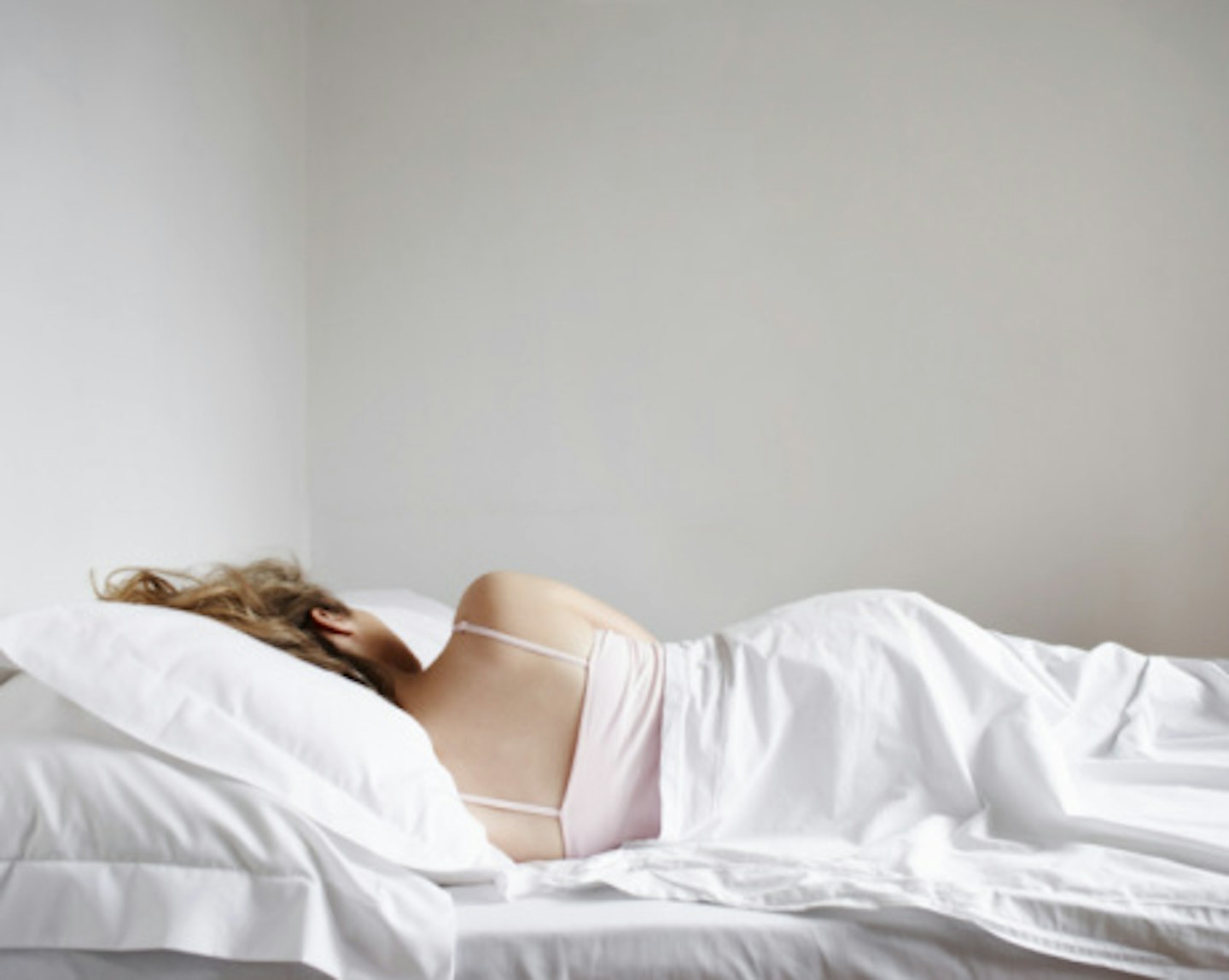Ah, Saturday mornings! They're all about laying in bed that little big longer.
And if you’re one of those lucky people that can fall asleep as soon as your head hits the pillow, it’s likely you definitely got your fair share of sleep last night!
We’re constantly told that if we don’t get enough sleep our health is put in jeopardy. Striving for that illusive 8 hours can seem impossible!

But if you are getting less sleep than your smug, snoozy friends then it may actually be better for you in the long run.
A study has found that those of us who get nine or more hours sleep at night are more likely to develop dementia in later years.
According to the report published in the medical journal, Neurology, longer sleeping patterns could be an early warning sign of the disease.
The research saw volunteers discussing how much sleep they regularly got each night, and their health was then reassessed ten years later.

The later tests showed that their early brain patterns could indicate dementia later on in life due to Alzheimer’s Disease.
Professor Sudha Seshadri said: "Participants without a high school degree who sleep for more than nine hours each night had six times the risk of developing dementia in 10 years as compared to participants who slept for less.
"These results suggest that being highly educated may protect against dementia in the presence of long sleep duration."
It is hoped that this can be used to help doctors detect dementia from a very early stage.
Do you get nine hours of sleep a night? Let us know @CloserOnline via Facebook or Twitter.
READ MORE
